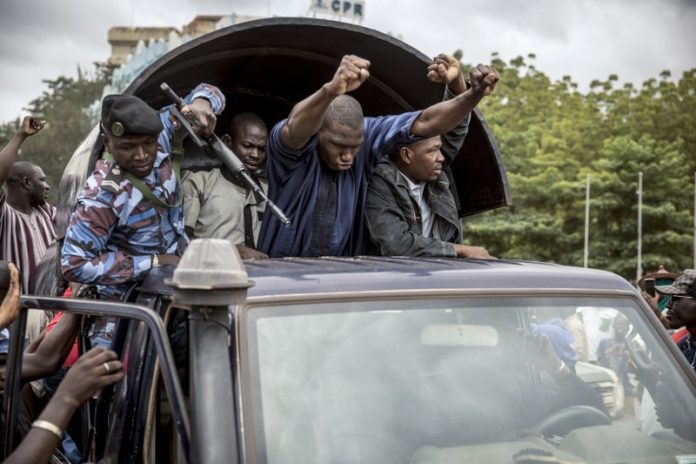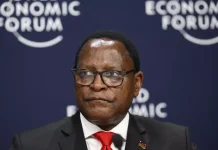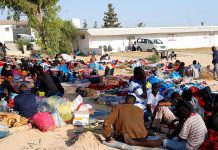MALI
African and Western leaders have condemned the junta that forced Mali’s president from power, warning the coup was a deep setback that could threaten the battle against Islamic extremism across the Sahel region, where thousands have been killed by jihadists.
The West African economic bloc, known as ECOWAS, held a virtual extraordinary summit Thursday on the situation in Mali after military leaders pushed President Ibrahim Boubacar Keita from office earlier this week.
Coups were on the decline in West Africa, and some fear that the removal of Mali’s elected president three years before the end of his term could set a dangerous precedent. A number of elections are set to be held later this year involving incumbents, including in Ivory Coast, Burkina Faso and Niger.
Here is a look at several countries in West Africa and the Sahel, the sprawling region south of the Sahara, that could be affected by increased instability in Mali:
MAURITANIA:
Mauritania shares a border with Mali, and already has received tens of thousands of refugees after Islamic militants seized large swaths of northern Mali back in 2012.
The two countries are both part of the G5 Sahel regional force — along with Chad, Niger and Burkina Faso — which is trying to battle extremists across the Sahel. So far the coup leaders in Mali have pledged to maintain their international commitments, presumably to the G5 among others. However, Mali’s ousted president was among its most vocal supporters and the force already has been plagued by a shortage of funds since its inception.
BURKINA FASO:
A record 1 million people already have been displaced by violence in Burkina Faso, nearly half of them this year, according to a recent report by the Norwegian Refugee Council. Observers fear those numbers could soar higher if the security situation deteriorates significantly in neighboring Mali.
Burkina Faso was long spared the kind of extremist violence seen across the border, but that has changed. The deterioration of Burkina Faso’s security situation began after former President Blaise Compaore resigned amid a popular uprising in 2014 after ruling for nearly three decades. The Presidential Guard was dissolved after a failed coup against the transitional government and security systems broke down.
In January 2016, al-Qaida-linked militants believed to be from outside the country attacked a restaurant popular with foreigners in the capital of Ouagadougou, killing at least 30 people.

























![2018 Sports Review: Winners, losers and questions facing African football 2018 Sports Review [1]: Winners, losers and questions facing African football](https://skynewsafrica.net/wp-content/uploads/2018/12/caf1-100x70.jpg)
![Watch: The harrowing moment a taxi flies into pedestrians in Ballito SA [video]](https://skynewsafrica.net/wp-content/uploads/2018/12/acci2-100x70.png)

